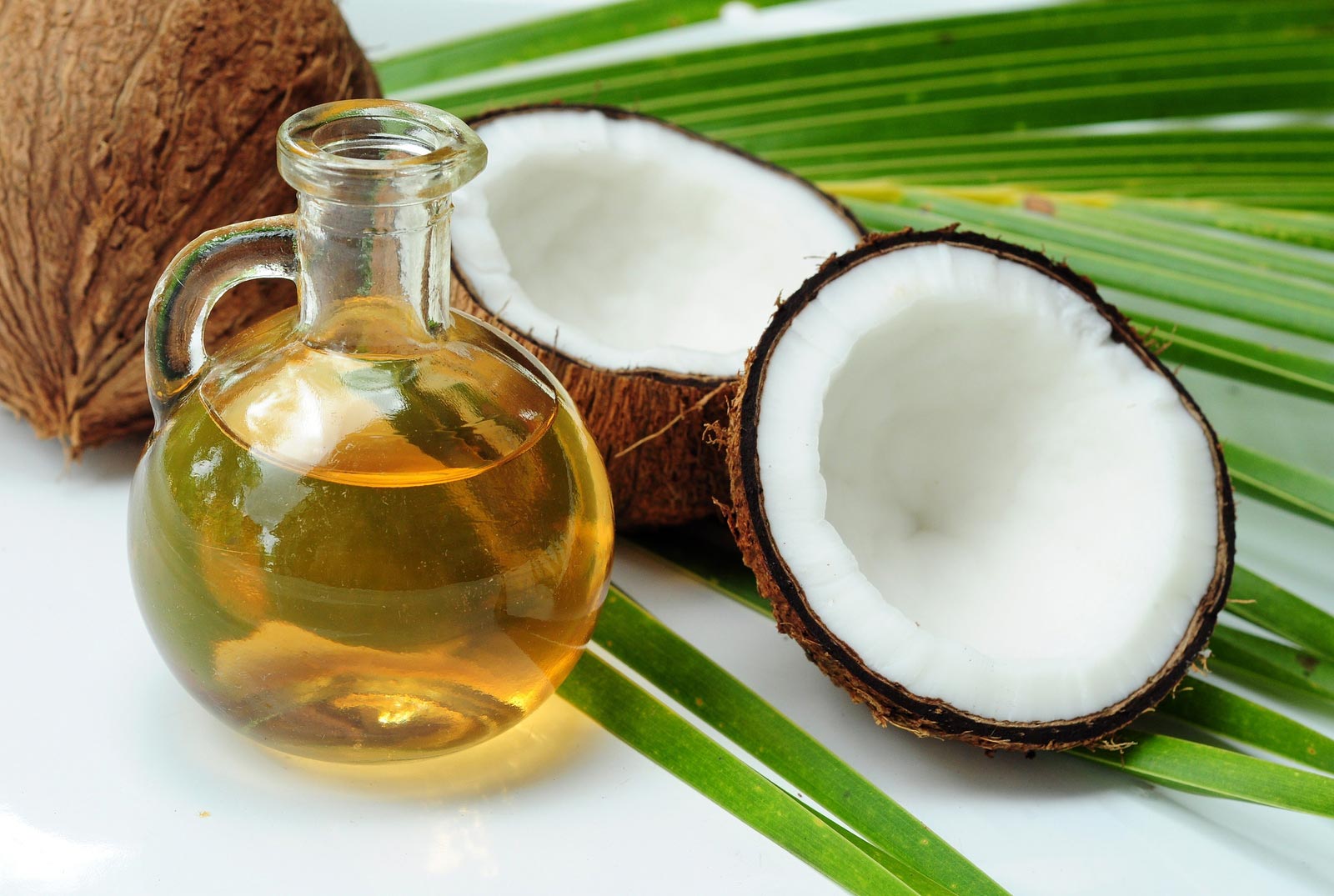by Ellen Penner
I admit I was late to join the coconut oil craze but it’s quickly become a staple in my pantry, and not just because it’s delicious.
But coconut oil is very high in saturated fat (about 90 percent) — a type of fat that has, for quite some time, been associated with elevated blood cholesterol levels and increased heart disease risk. The Dietary Guidelines tells us to limit this nutrient, yet a growing body of research has caused a rethink of whether saturated fat is actually bad for us at all.
So what is the deal with coconut oil then?
Well, while it’s high in saturated fat, we know that not all saturated fats are created equal — and this is where some of the believed health benefits of coconut oil come into play.
To simplify things, here’s an overview of some of the coconut oil’s most noteworthy benefits:
Easy-to-Use Energy Source
Lauric acid, the predominant saturated fat in coconut oil, is a medium-chain fatty acid. The body uses these types of fatty acids differently than the long-chain fatty acids that make up a large percentage of other dietary fats. Medium-chain fatty acids are processed by the liver and are quickly converted into energy by our cells, which is why studies like this one from 2003, and another from 2008, suggest that these particular fatty acids may be beneficial for weight loss — in moderation of course.
Good Cholesterol Booster
As far as blood cholesterol levels are concerned, consumption of solid fats like coconut oil that are rich in lauric acid have been linked to increases in both “good” (HDL) and “bad” (LDL) cholesterol levels. Though your “bad” cholesterol may go up, so should your good cholesterol. The evidence suggests coconut oil may have a neutral, or even slightly beneficial effect on cholesterol levels when used in place of other saturated, ortrans-fats.
Antimicrobial and Antioxidant Advantages
Coconut oil has long been revered for its bug-fighting properties. Though more research needs to be done in this area, coconut oil contains compounds thought to prevent or fight certain viral, bacterial and fungal infections like the flu, bronchitis, yeast infections, acne and more. Additionally, coconut oil, particularly unrefined or virgin coconut oil, contains phenolic compounds which have protective, antioxidant properties.
Convenient for Cooking
As far as cooking benefits are concerned, coconut oil is a more solid oil that is both mild in flavor and fairly heat stable. It works well for a variety of dishes, particularly baked goods and medium-heat sautes. The mild taste makes it a popular choice for curries or other dishes that benefit from a hint of tropical flavor.
Simple Skincare Solution
Coconut oil has benefits beyond food and nutrition. It doubles as a great make-up remover and moisturizer, especially during cold winter months when skin is more susceptible to dryness and cracking.
So, is coconut oil all it’s cracked up to be?
Due to its high lauric acid content, virgin coconut oil is a great substitute for other types of saturated fats, such as lard and butter, and trans fats, such as vegetable shortening. But, despite having several great qualities, coconut oil is still a fat, and all fats are calorie-dense so it’s best to use in moderation.
Which brings me to my next point. It’s great for cooking, but should it be the only oil you use?
For beauty purposes it can be, but it’s probably best not to rely on just one cooking oil. Using it in addition to other types of cooking oils will not only produce better results depending on the type of dish you’re preparing, but will also provide a variety of other important fats, like those heart-healthy Omega-3s.
Bottom Line: If it’s not in your kitchen cabinet already, consider adding coconut oil to your collection.
Shopping Tip: Choosing unrefined, or “virgin” coconut oil will provide the most benefits since processing practices can negate its favorable properties.
Do you use coconut oil at home? What are some of your favorite ways to use it?
Elle Penner is a registered dietitian; Food and nutrition editor at MyFitnessPal, the world’s leading nutrition and fitness app. She tweets from @ellepenner. This post is culled from HuffPost.







